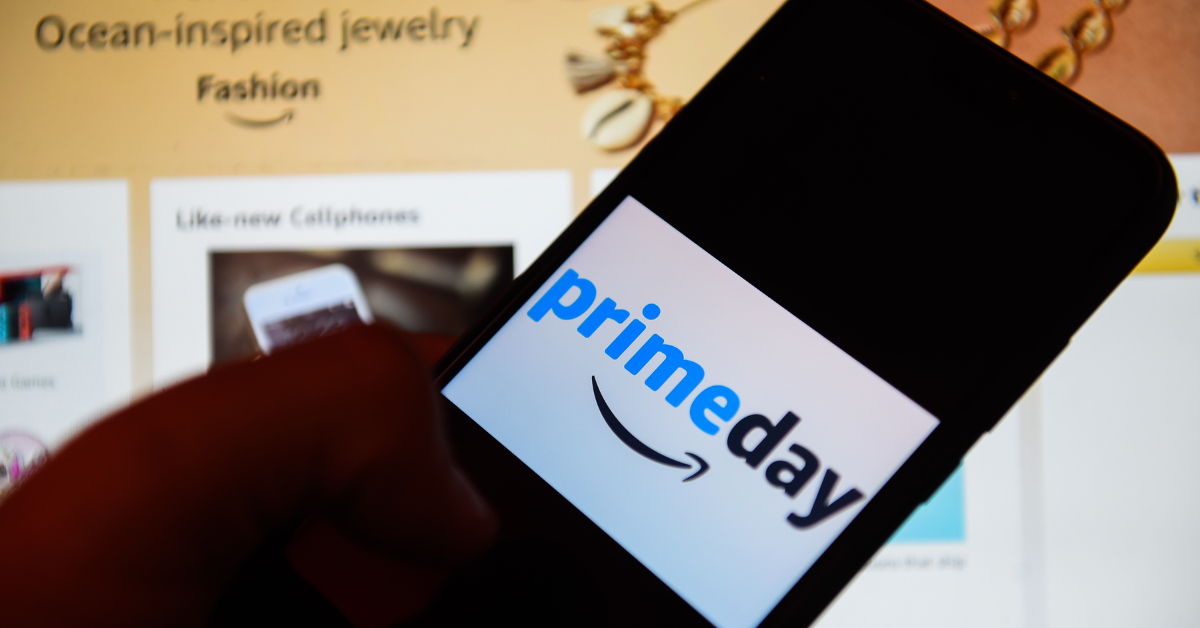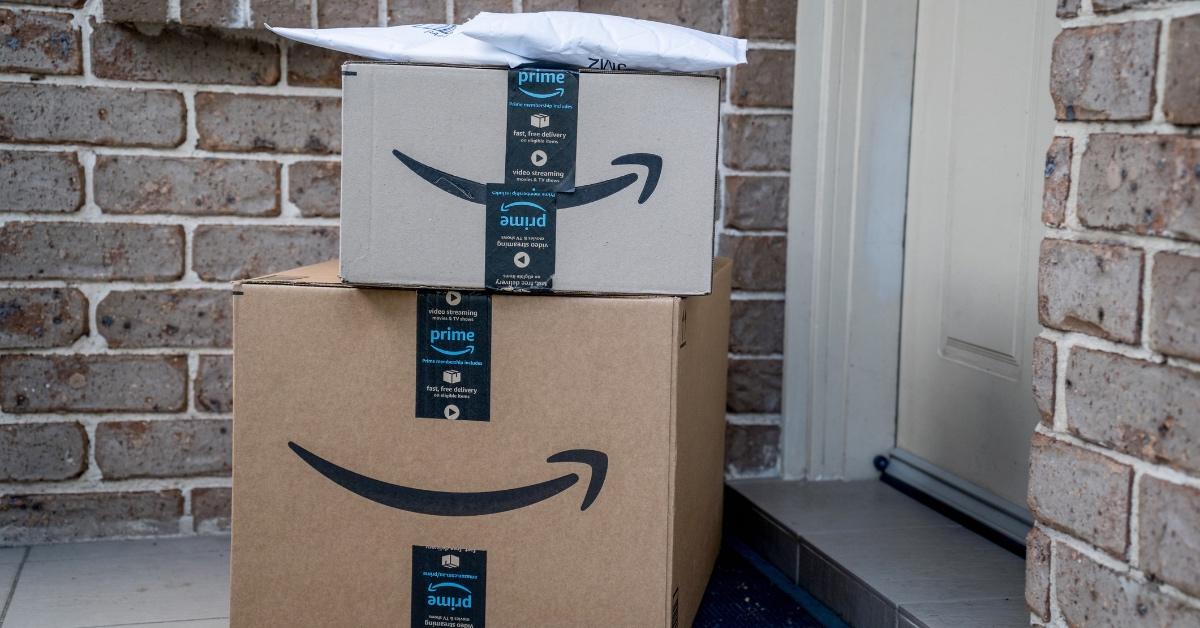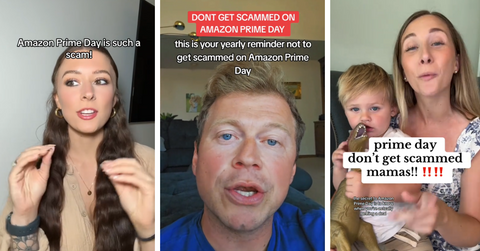Watch Your Wallet — Amazon Prime Day Scams Are Rampant
Remember: if it sounds too good to be true it probably is.
Published July 16 2024, 11:50 a.m. ET
While the winter holidays and Black Friday may be the most common time to grab your wallet and hit the sales, there's another time of year that has become pretty popular when it comes to shopping: Amazon Prime Day.
There are some good reasons to click "add to cart" during the two-day sale from the online giant — if prices get slashed on the everyday necessities you would buy anyway — experts are warning against jumping into the shopping extravaganza blind.
With so many complaints about the legitimacy of these sales, and folks asking if Prime Day is a scam, there's a lot you'll need to know before you shop until you drop during Prime Day.

Is Prime Day a scam?
While Prime Day itself may not be a scam, some warn against falling into the trap of making impulse buys just because items are on sale, especially if those sales aren't all they appear to be. All you have to do is search "Prime Day scam" on TikTok to see dozens of videos pop up featuring people who feel like they were misled by marked-down prices after discovering that those "deals" had been inflated ahead of time.
TikToker @aiden.dashner says it's important to check the pricing history of the items you're looking at before you buy. She says she's seen plenty of instances where she's checked to see how much items were going for in the weeks leading up to the shopping holiday only to discover that they were marked up ahead of Prime Day so that the discounted amount looked like a better deal than it was.
How to avoid scams on Prime Day:
According to ABC News, the biggest scams are coming from third-party vendors impersonating the retail giant. Some ways bad actors are taking advantage include coming up with copycat websites or creating social media ads with deals that are just too good to resist, prompting hopeful shoppers to click on them, and potentially giving someone access to their sensitive banking information.
That's not the only way scammers are trying to take advantage of consumers. ABC News reports that some people are even sending emails or making phone calls to customers, hoping to lure them into giving up their financial information on the promise of a good deal.

The Associated Press (AP) is telling people to be on the lookout for anything that seems unusual or suspicious, including calls from anyone claiming to be an Amazon representative asking you to give them information about your account or payment details so that they can help resolve an issue they just discovered, something that the AP notes isn't a common practice amongst legitimate sellers.
If you're worried about keeping your personal and financial information safe, not just during Prime Day but throughout the year, it's best to only shop websites that have "HTTPS" before the address (the "S" indicates that the site is secure) and to never click an unsolicited link in your email or text messages. Above all else, when you're shopping for deals, remember that when it seems like it might be too good to be true, it probably is.
